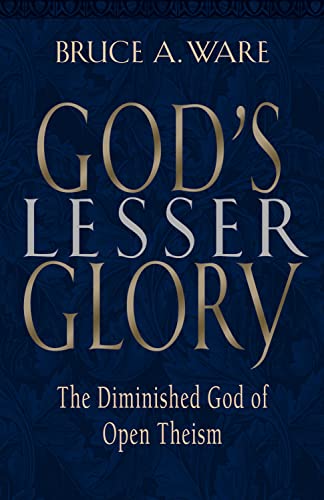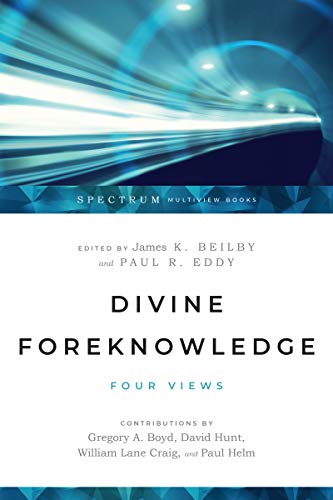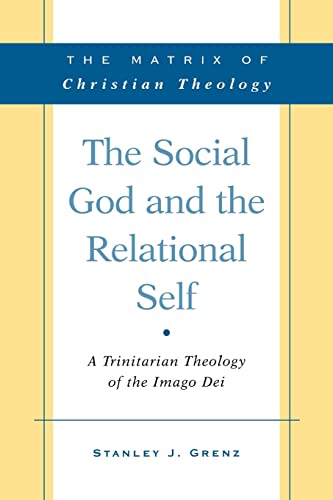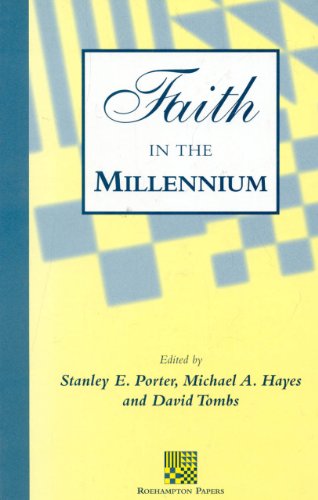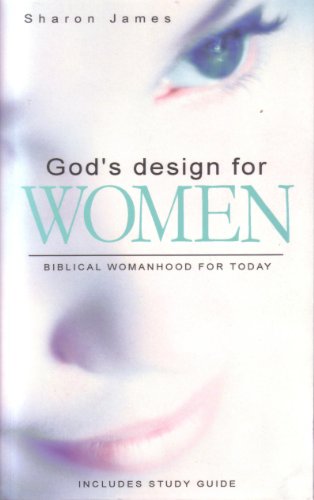GOD’S LESSER GLORY: A CRITIQUE OF OPEN THEISM
Written by Bruce A. Ware Reviewed By Lee GatissIn this book Bruce Ware, a Southern Baptist scholar of moderate Calvinist convictions, sets out to demonstrate that the biblical, theological, and pastoral foundations of so-called ‘open theism’ are irredeemably shaky. At the heart of the Openness proposal is a novel view of God’s providence that seeks to improve on the perceived inconsistency of traditional Arminianism by denying exhaustive divine foreknowledge. Proponents of the Openness model claim that the benefits of their conception of God are great: freedom to read the Bible in a ‘straightforward’ manner when it affirms God’s ignorance (e.g. his questions in Genesis 3:9–11) and his repentance (e.g. Exodus 32:14 and Amos 7:6); the ability to have a ‘real dynamic relationship’ with a God who truly risks us choosing to do things in ways he could not foresee, expect, or desire; a response to the problem of suffering that exonerates God of all blame; and most of all the protection of that most cherished doctrine of libertarian free-will for humanity.
Open theism presents itself as a superior evangelical approach to reading Scripture and pastoring God’s people. Ware is therefore concerned to evaluate that claim seriously and to examine its biblical, philosophical, and pastoral credibility. On all three counts it is found to be fundamentally flawed. The book is, as the author admits, ‘unkind to open theism’ (9) while managing to be both fair and courteous to open theists. He is very well read in the field (demonstrating this by copious references to the primary texts), interacts with the best work of his opponents, lets the reader feel the full force of their arguments, and admits the need to answer the difficult questions posed by them. Yet he pulls no punches as he exposes the inadequacies of ‘openness’ and responds well to criticisms made of his own position. This book is a model of polemical rigor, professional courtesy, and pastoral sensitivity.
Even traditional Arminians have welcomed Ware’s Calvinistic treatment of what one Arminian has actually labelled a ‘heresy’ (the denial of exhaustive divine foreknowledge); other evangelicals should do so also whether or not they share the author’s Reformed convictions. Reading Ware’s exposition of his opponents’ views one can feel the emotional and intellectual attraction they possess and is challenged to ponder the issues afresh with the same depth and thoroughness characteristic of this book. Ultimately he succeeds in demonstrating not only the internal inconsistency of openness theism and its unbiblical conclusions, but also its undesirability as a model on a pastoral and devotional level. He is especially good when applying the test of practical usefulness to openness ideas on prayer, guidance, and suffering.
Other treatments and critiques of the openness proposal have been published in recent years, most notably perhaps Reconstructing Theology: A Critical Assessment of the Theology of Clark Pinnock edited by Gray and Sinkinson (Paternoster, 2000). The distinctive attractions of Ware’s volume are its sustained interaction with several open theologians (especially Pinnock, Boyd, Rice, Sanders, Hasker, and Basinger) rather than one in particular, and its readability (with plenty of helpful illustrative stories and analogies peppering the text). There are a hundred examples of good exegesis and devastating logic that could be cited here if space permitted, but there is undoubtedly sufficient evidence upon which to base Ware’s conclusion that ‘open theism has … adjusted its view of God to be culturally appealing at the expense of biblical fidelity’ (177). God’s glory rests ultimately in his knowledge and control of all things. If this knowledge and control are diminished in order to elevate human ‘freedom’ and control of events, human pretence is encouraged and we are left with a God of ‘lesser glory’. Given the increasing popularity of openness theology, this indictment must be taken seriously and Ware’s rebuttal studied carefully.
Lee Gatiss
Lee Gatiss is associate minister of St. Helen’s, Bishopsgate in London and editor of The Theologian: The Internet Journal for Integrated Theology (www.theologian.org.uk). In Autumn 2009 he plans to begin a PhD at Cambridge University in seventeenth-century biblical interpretation.


